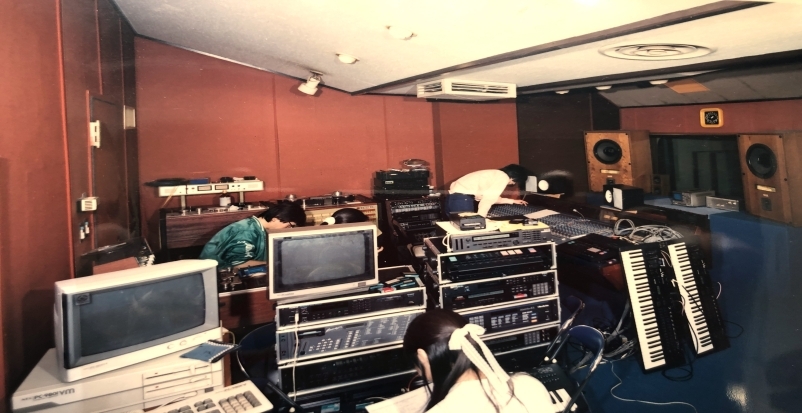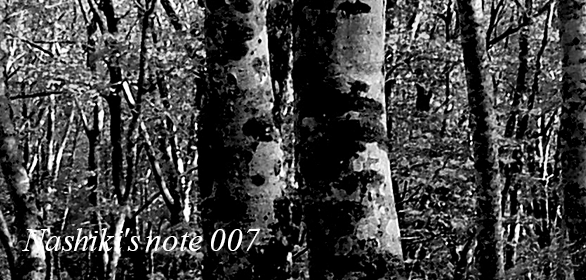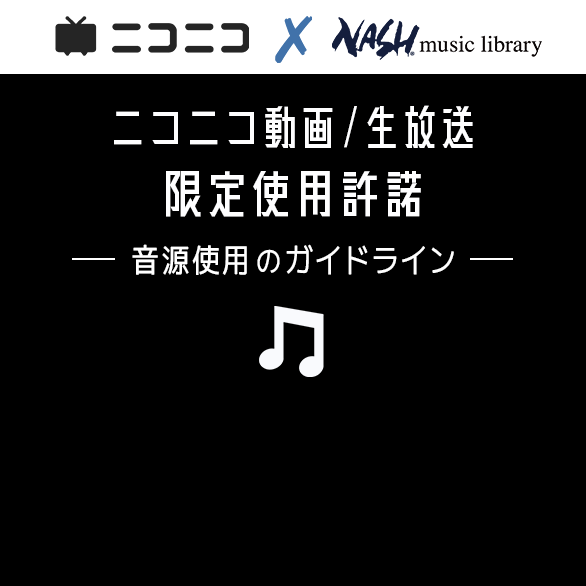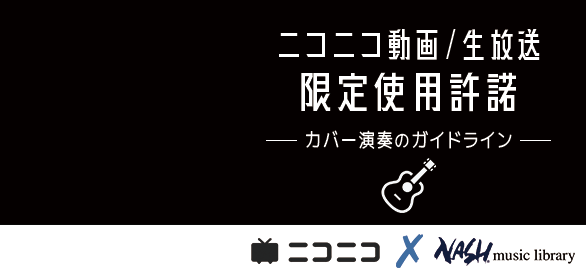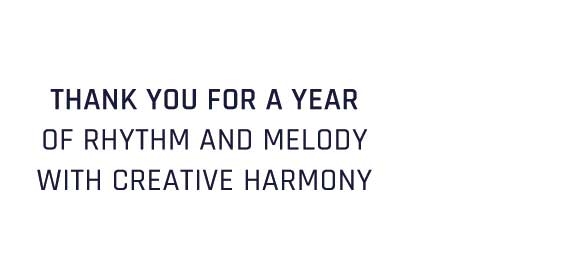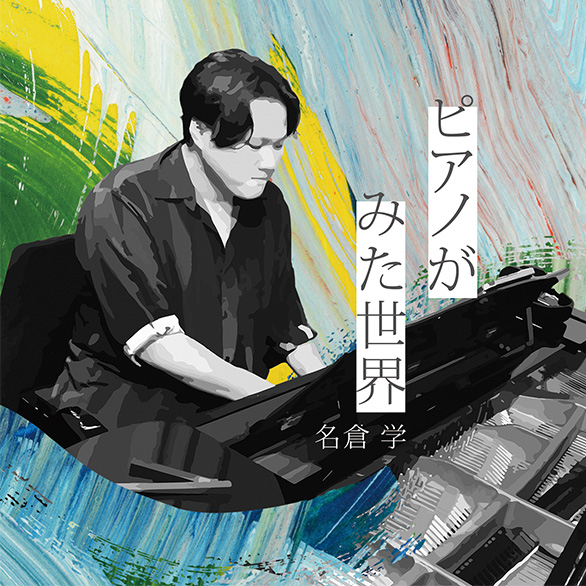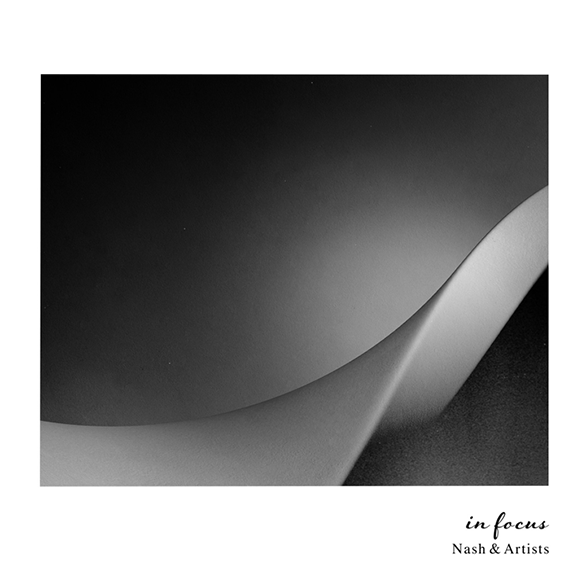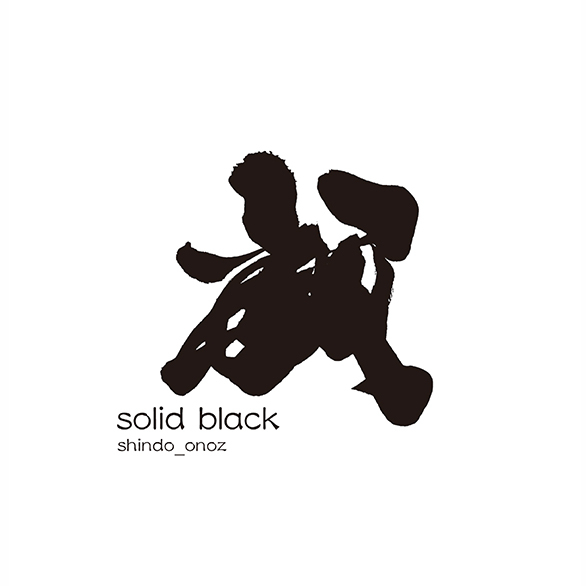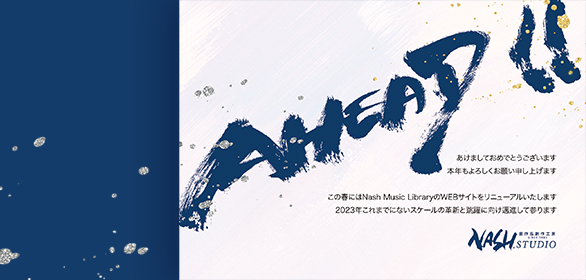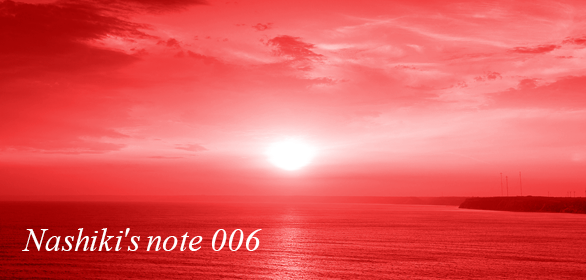⇈Staff working at the studio in the '80s⇈
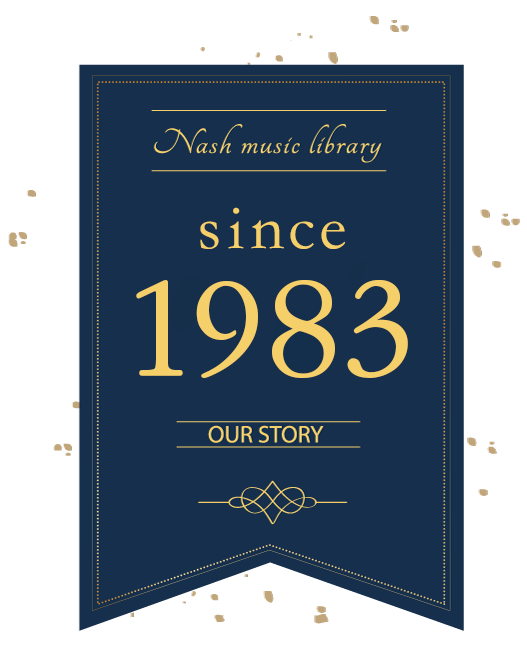
In August 2018, thanks to our esteemed users' patronage, Nash Music Library celebrated its 35th anniversary. Since its founding in 1983, Nash Music Library has consistently focused on producing original tracks in-house, administering all rights related to our works, and licensing them on the most simple "royalty-free" basis to provide people with easy-to-use sound resources for their video production and other creative projects.
Various individuals and entities are involved in producing musical content and distributing it to society. Multiple rights issues arise accordingly—involving composers, lyricists, arrangers, performers, record companies, publishers, distributors, etc. Depending on the terms of use of the tune (the terms can vary depending on the piece, the location of production and use, and so on) you may need to clear various licenses and be forced to pay higher usage fees than you’d initially expect.
Yoshinari Nashiki, the founder of Nash Music Library, often heard the troubled voices of professional broadcasters, video producers, and sound designers who use background music for their projects while navigating complicated music rights clearance issues. Thus, Nashiki came up with the idea of a "complete royalty-free" license, optimized for creatives who need background music for business use. He began producing the music content himself, to accumulate tunes with the aim of creating a music library from which professionals could select music for their creative projects, whatever the medium of expression; TV, radio, commercial, cinema, advertising, and now YouTube and other SNS platforms. Since then, we at Nash Studio, have added music content (currently approaching 30,000 tracks in total) while building close relationships with musicians, composers, and other collaborators with whom we work.
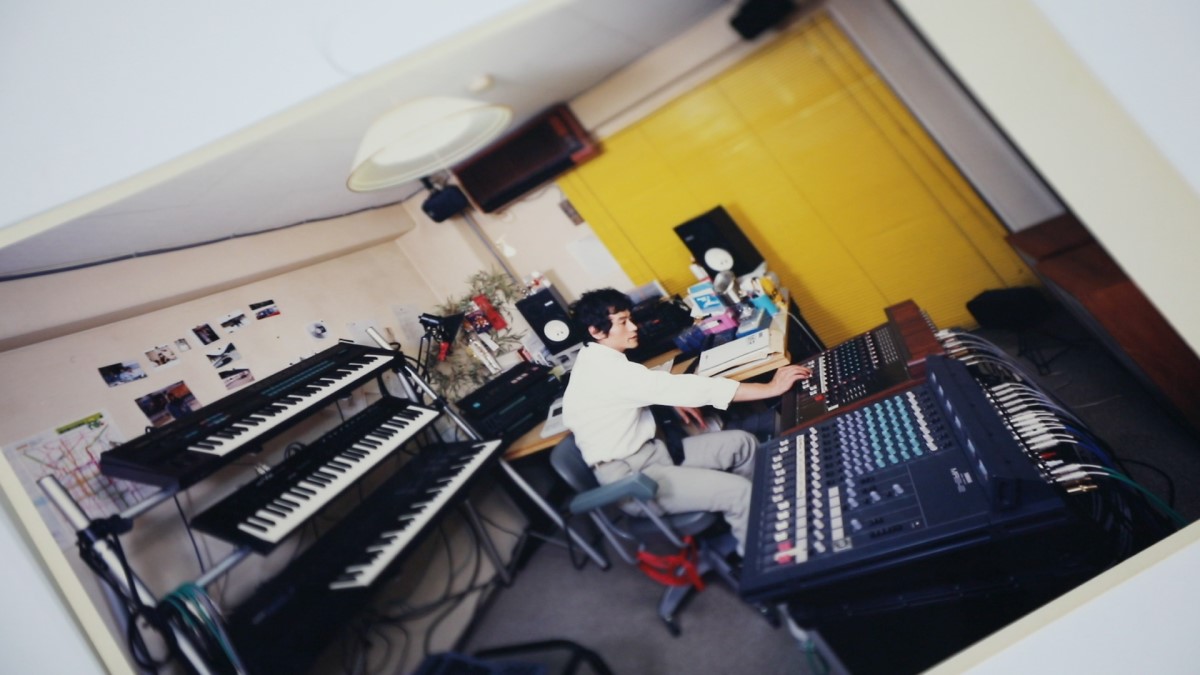
Nowadays, "Computer Music” has become commonplace, and it is now possible for one person to start and finish a piece of music, solely. Large-scale consumer online music streaming services have become commonplace, which has made it easy for anyone to release their work. A multitude of audio content gets uploaded daily worldwide, and the AI that produces decent compositions recently attracted attention. We are entering an era that may see an oversupply of music content, regardless of whether it consists of commercial tunes that people enjoy or background music resources for media production.
In our rapidly changing world, with increasingly complicated copyright issues, what is required of a contemporary music library? We strive to adhere to complete in-house management of music rights for transparent licensing and professional, creative music production. We will continue to grow and develop in line with current and future circumstances.
-SoundArtCreation Nash Studio Staff

